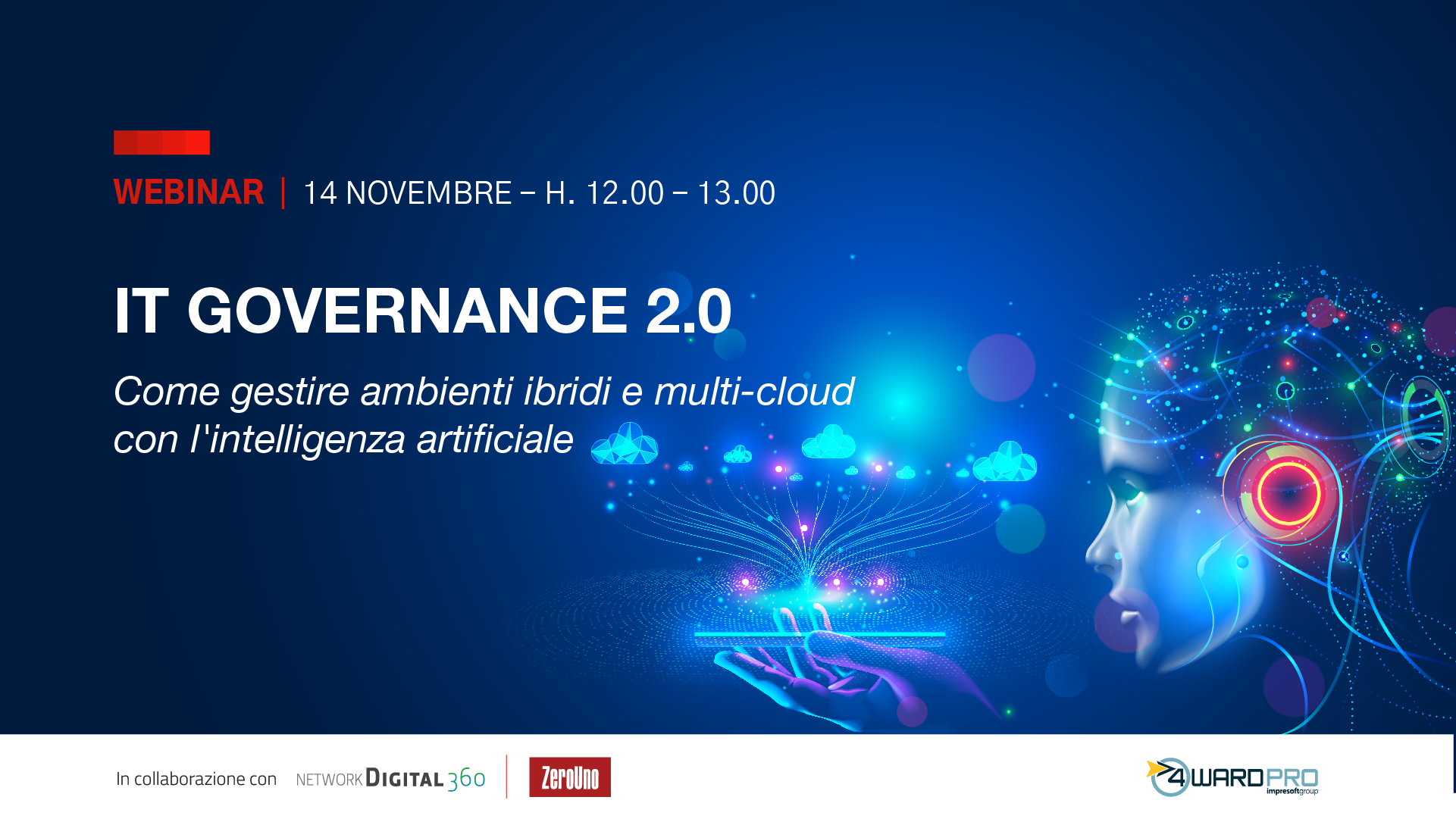Artificial Intelligence, one of the technologies driving digital transformation today, affects just over half of Italian companies, and among these, banks and insurance companies play a leading role.
This is the result of the research carried out by the Artificial Intelligence Osservatorio of the School of Management of Politecnico di Milano, taking into account 721 companies and 469 cases of use of Artificial Intelligence, referring to 337 Italian and international companies. The results show that in Italy 56% of the sample has already started AI projects (in France and Germany the percentage rises to 70%) with projects oriented in 35% of cases on Intelligent Data Processing and in 25% of cases on Virtual Assistant/Chatbot technologies. A further characteristic of the Italian market is that companies are less keen on testing methods rather than “mature” sectors. This allows the solutions to be implemented (in 52% of cases in Italy compared to 38% of the international average). Finally, as regards the sectors where AI is more widespread, together with the aforementioned banks, insurance and finance (17%) there are automotive (17%), energy (13%), logistics (10%) and telco (10%).
“Artificial Intelligence potentially has no application limits and will progressively affect the economic and social structure of each country”, emphasize Nicola Gatti, Giovanni Miragliotta and Alessandro Piva, directors of the Artificial Intelligence Osservatorio. “Dissemination in different fields will not be homogeneous, but rather will depend on technological and knowledge factors. Italian companies are paying great attention to this issue so as not to miss opportunities to improve competitiveness. In order to fully grasp potential benefits, however, they must first fully understand the offer of available solutions and then step in on organisational processes and the strengthening of skills, for people to be able to effectively enhance the skills of machines”.
“The research shows that any project of Artificial Intelligence in the early stages requires a large investment by the company, not only in terms of financial resources at present, the ready-to-use solutions are limited; to achieve a level of performance similar to or higher than the human one often require both preparatory work, for infrastructure, information assets, skills and culture, and ongoing work, for machine learning and improvement. In AI projects perseverance and result-orientation are needed, rewarded with performance, but also with a marketable competitive advantage in terms of know-how”, added Gatti, Miragliotta and Piva.
In addition to intelligent data processing and chatbots, artificial intelligence is used in Recommendation (10%), Image Processing (8%), Autonomous Vehicle (7%) and Intelligent Object (7%) solutions. Less widespread are the Language Processing solutions (4%), and Autonomous Robot (4%). Analyzing the areas with a greater number of projects at the top of the list, there is Recommendation (personalized recommendations to guide the customer’s decisions at different stages of the purchase process based on information provided by other users) with 62%, Language Processing (50%), Intelligent data processing (42%), Virtual Assistant/Chatbot (40%).
“We are only at the beginning of a spreading and understanding path of the potential of artificial intelligence, leading to a better definition of the application limits and the smartness of a solution – says Gatti – From the driverless car to the appliance that learns the lifestyle and needs of the family, from the personal assistant who advises on spending decisions to the care robots for the disabled and the elderly, every daily experience can be reconsidered in the light of the machine capabilities. The speed of the event will depend on the existence of well-established technological solutions, the ability to manage a delicate change in organisations and the balance between the value of innovation and the cost of making products and processes smart”.
Where do companies mainly apply artificial intelligence solutions?
The processes dedicated to customer relations are at the top of the list: marketing, sales and customer service account for 40% of the applications. Another 40% focuses on all other internal processes, such as Operations, Hr, Research & Development and Finance. Only in 20% of cases AI is used for the functions of the products to improve performance or push on customer experience.
The vitality of the AI sector and its significant development outlook, is confirmed by the growth in the number of startups: 460 international startups have been identified by research, founded from 2013 onwards and financed from 2016 onwards, capable of raising a total of 2.2 billion dollars, a significant value with average funding growing in the last year from 5.5 to 8.8 million dollars, with Autonomous Vehicle solutions in the forefront.
Finally, the impact of artificial intelligence on employment: three positive trends arise from the analysis of Osservatorio, which seem to disprove the pessimists: in AI projects the job demand has in fact increased so far, and “AI solutions are now used more as an external competitive force to improve services and quality rather than as a tool to increase internal efficiency, according to the research. Finally, companies seem to be aware of the importance of the issue, carefully selecting the projects to be implemented, considering both the expected benefits and the internal and external feasibility of innovation”.
“The encouraging results must advise us on a non-alarmistic approach, without, however, giving the subject a merely positive perspective – said Miragliotta – It would be wrong, in fact, to uncritically and superficially applaud the capabilities of Artificial Intelligence, we need to think about and be responsible.”.





